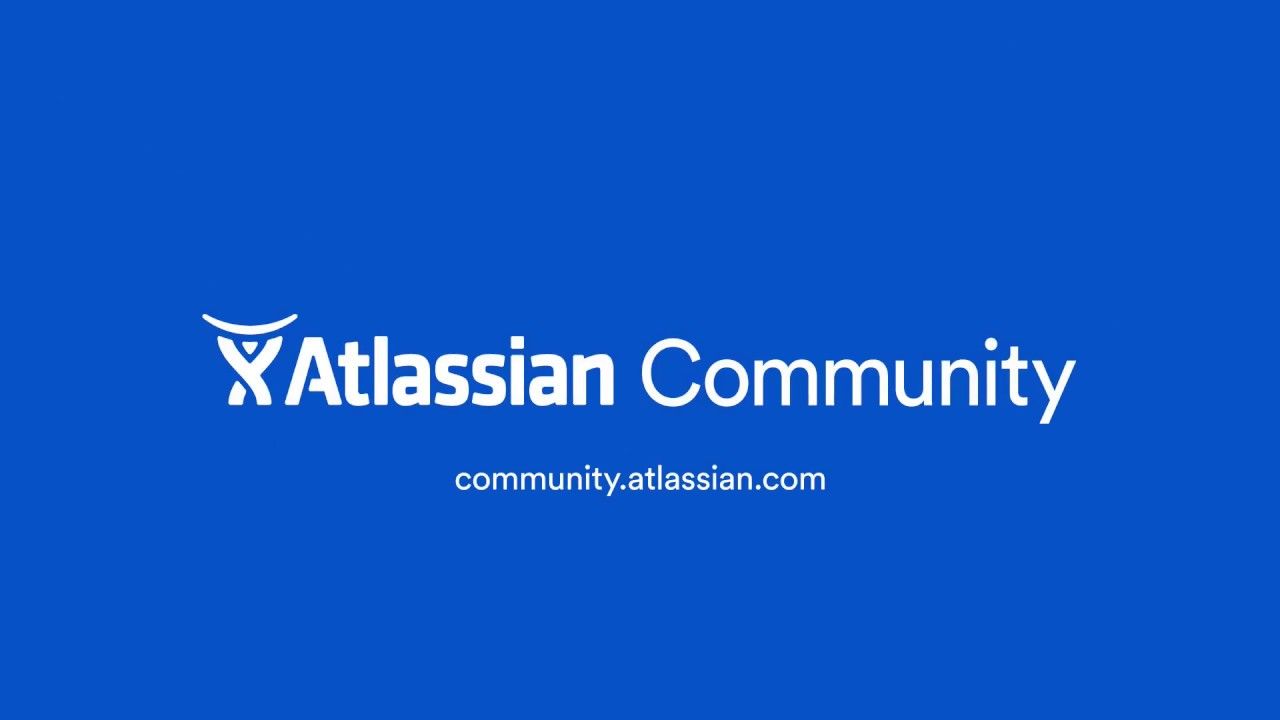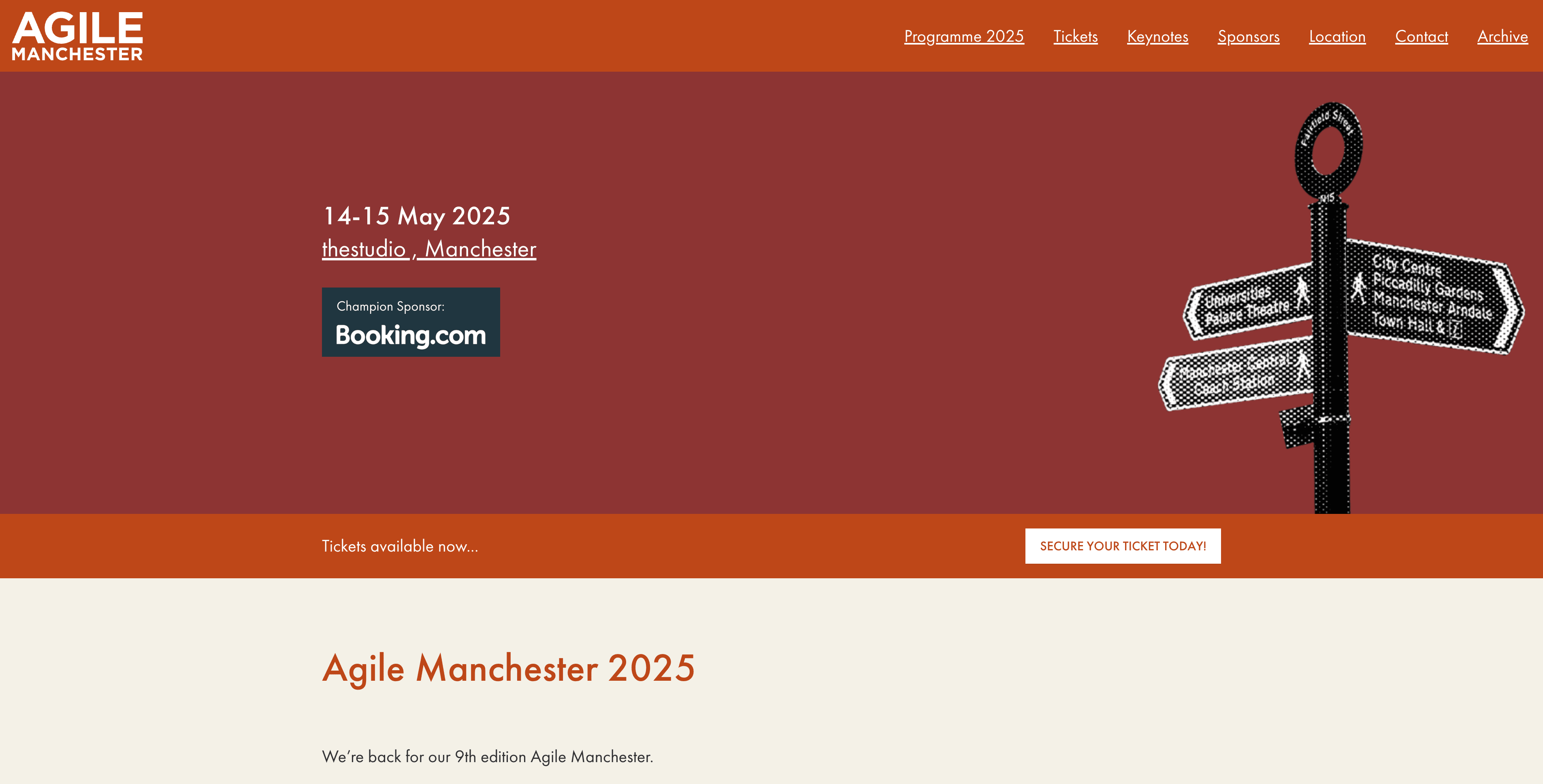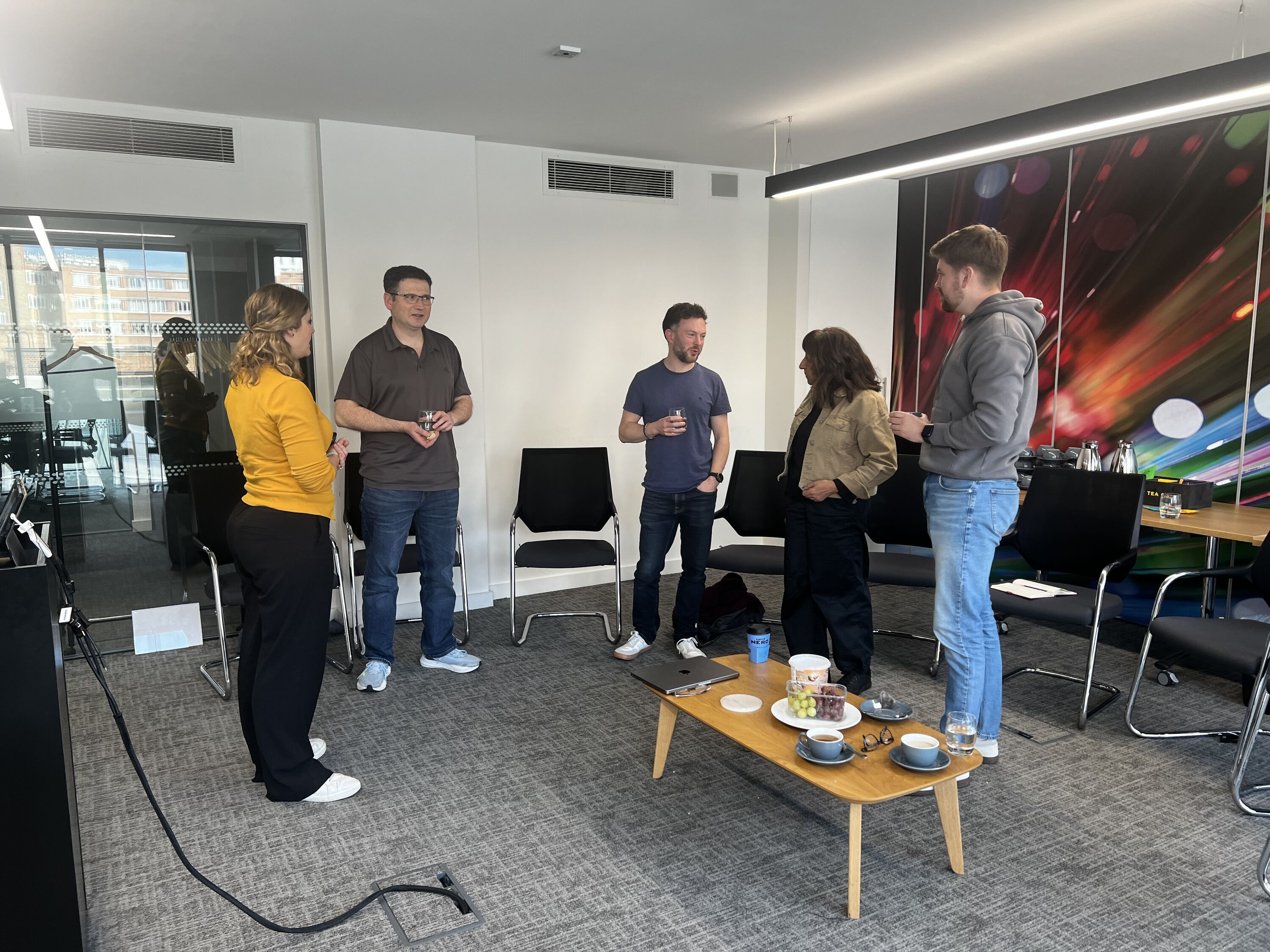Implementing Agile Software Delivery at Enterprise Level
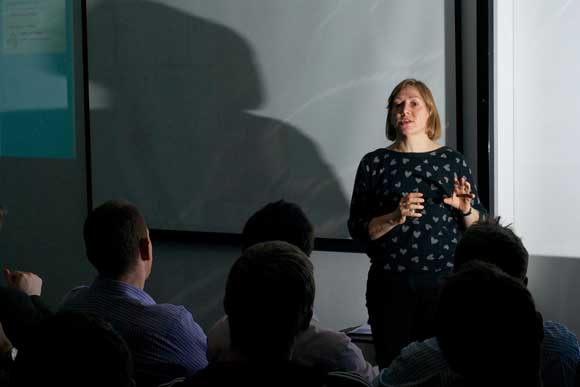
Implementing Agile Software Delivery at Enterprise Level
If the audience at this month's Agile Yorkshire is taken to be a reasonable representation of the development community at large, it would seem that most organisations have not roamed far beyond Scrum or Kanban in their approach to Agile. So it was with great interest that many listened to Rachel Davies' experiences as an Agile Coach doing XP (eXtreme Programming) at Unruly.
We were warned up front that XP is 'not like Scrum', despite the familiar looking whiteboards and Post-it notes. Unlike Scrum, XP dictates that pair programming is a non-negotiable part of the development process. At Unruly, only a pair of developers working together may make changes to production code, even going to the 'eXtreme' of limiting the number of workstations to fewer than one per person in order to ensure this collaboration takes place. We were assured, thankfully, that their developers do at least get their own chair.
It has not all been without its problems, however. As an exercise in demonstrating that people don't always know what's good for them, a successful change Rachel has been involved with at Unruly has been to break their development teams into smaller units. Though it initially met with some resistance, people soon saw the advantages to working in smaller groups in the form of much more streamlined meetings and the consequent time savings and improvement in communication.
With small teams working in relative isolation, Rachel told us that it sometimes became hard to maintain consistency as different development teams began to work in slightly different ways, making it difficult for developers outside of a given team to quickly engage in that team's work. To combat this developers are offered the chance to move between teams on a quarterly basis, sharing knowledge and encouraging consistent cross-team practice along the way.
With no staging environments or test team, Rachel feels that good Test Driven Development is an important part of Unruly's success with XP. Software developers at Unruly are expected to have knowledge of the full development stack, with many of the traditional roles in a development team eschewed in favour of a team of generalists. Requirements are written by developers talking directly to stakeholders within the business, often facilitated by an Embedded Project Manager who can provide direction as to where the knowledge on a particular subject lies in the company.
In terms of the organisation of projects -- well, apparently Unruly don't actually have projects. Instead the developers manage a constant stream of imminent potential work, where development time is estimated and stories composed then eventually prioritised in a Story Prioritization meeting with other members of the business.
In this evening's support slot was Ray Edgar, who presented observations of the use of Agile Development in enterprise businesses. Ray has recently been studying to become a BCS Agile Practitioner, giving him an opportunity to reflect on the value of Agile Software Development to the enterprise business. He has found that there is often a discrepancy between 'doing' Agile and working in a way that provides the benefits that Agile Development should.
Ask most people what Agile Development is and typically they'll respond with a list of fancy sounding acronyms (SAFe) and initialisms (XP!). What it's really about, Ray argues, is focussing on the business value of development and doing it in a way that provides quick feedback. To some organisations, adopting Agile has amounted to a reshuffling of the business processes that were already in place; losing sight of the benefits a more thorough implementation could bring, they stick to the comfort of the familiar.
For this reason, some companies remain unaware that their confused implementation limits the potential advantage they hoped to gain by engaging in Agile Development in the first place. Finally, Ray encouraged the audience to promote some risk-taking in their workplaces, as a failure to make sufficiently drastic changes can leave a business miles behind the competition.
Rounded off with the monthly prize draw and apres drinks in the Midnight Bell courtesy of Matthew Wood and Charlotte Forshaw of iSourceIT.

